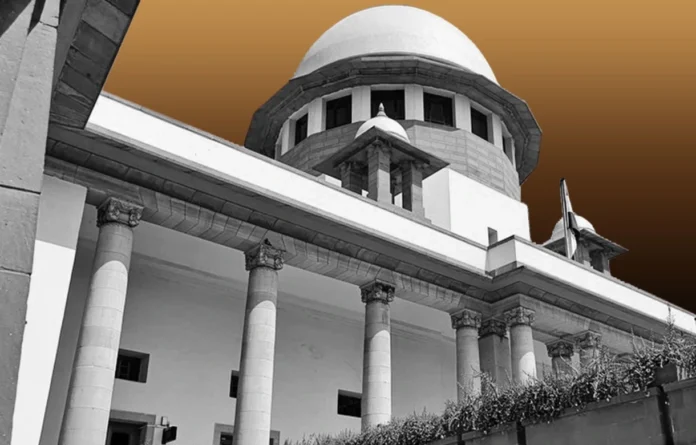The Supreme Court issued a compelling directive to the Election Commission of India (ECI), mandating the public release of names and reasons behind the removal of approximately 65 lakh individuals from Bihar’s draft electoral rolls during the Special Intensive Revision (SIR) process. The Court underscored that such proceedings must uphold fairness, given the grave risk of disenfranchisement they entail.
A bench comprising Justices Surya Kant and Joymalya Bagchi ordered that district-wise lists, detailing the excluded names along with explicit reasons—such as death, migration, duplication, or other grounds—be published on both the official websites of Bihar’s District Electoral Officers (DEOs) and the Chief Electoral Officer (CEO) of the state. These postings must be searchable via voters’ EPIC (Elector’s Photo Identity Card) numbers to facilitate individual verification.
Emphasizing transparency and access, the Court insisted that the ECI publicize the forthcoming disclosure across multiple platforms—ranging from vernacular newspapers to radio, television, and social media channels. The intention is clear: ensure that affected individuals are aware of their exclusion and can respond adequately within the designated timeframe.
Significantly, the Court also instructed the ECI to acknowledge Aadhaar cards as acceptable documentation when individuals submit claims for inclusion. This follows an earlier direction from July 10 by the Court to consider Aadhaar, EPIC, and ration cards as valid alternatives, although they were not originally included among the eleven documents specified by the ECI for verifying voter credentials.
While granting these measures, the Court scheduled a follow-up hearing for August 22, allowing stakeholders to address outstanding concerns, especially around notifications and remedial mechanisms.
Until now, the ECI had resisted calls to publish a separate list of omitted voters and the grounds for their exclusion. In its defence, the Commission argued that no statutory mandate under current electoral regulations requires such disclosures. It emphasized that data on excluded names had already been shared with political parties, and that affected individuals retain the right to contest their omission through Form 6 during the claims and objections window, which remains open until September 1.
Nevertheless, the apex court acknowledged that merely sharing information with party agents is insufficient. It insisted that accessible public listings will significantly bolster voter confidence in the electoral process.
In short, the Supreme Court’s order marks a pivotal stride toward electoral transparency in Bihar’s voter revision exercise. By enforcing open disclosure of exclusion lists, reasons for deletions, and acceptance of widely held documents like Aadhaar, it empowers citizens to actively validate their voter status and preserve their democratic rights.


